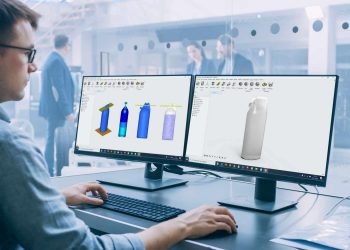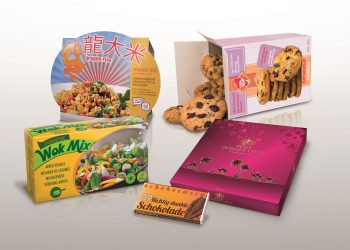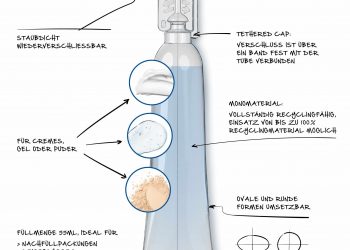The increased consumer attention to the global plastics waste problem requires the plastics industry to focus on the circular economy. More companies are adopting business models that enable reduce, reuse and recycle plastics across a wide range of applications. In fact, recyclability of plastic parts and reusing of post-consumer resins are among the top priorities for the entire value chain – from resin manufacturers to brand owners.
It is important to take a holistic approach to the plastic product life cycle, which is critical for achieving circularity. Product inception starts with the resin selection and product design specification. What follows is product manufacturing, transportation and marketing; consumer purchase and consumption; then reuse and recycling conclude the product’s end life. To enable scalable success in the industry’s pursuit of a circular approach, we must address key structural barriers such as recycling infrastructure, product performance, safety guidelines and regulations, economics and consumer choice.
Governments play a critical role in enabling the success of the circular plastics economy. For example, the waste management challenge is a key issue for India. In 2018, it was reported that the country generated 62 million tonnes of municipal solid waste– only 19% of which was treated after collection.
The Indian government then initiated steps to manage plastic waste by introducing the Plastic Waste Management Rules, 2016 and subsequent amendments. They have also announced their intent to phase out single-use plastics by 2022 to control monumental volumes of waste generated in the country.
Effective collection and sorting infrastructure are critical to bringing the product’s end-of-life back into the circular economy. Improving recycling infrastructure is important for India to reduce plastic waste. Enhancing waste sorting and separation capabilities can help increase the amount of plastics recycled and reused while reducing landfill waste. For example, in some large Indian cities, the collection-fee incentivizing recycling activity, which aids in waste stream separation process for residential recycling.
One of the challenges of incorporating recycled content into the product design is preserving the end product’s mechanical performance properties. It is imperative to educate stakeholders of effective solutions to use and upcycle waste plastic streams.
Kraton’s styrenic block copolymers show excellent recyclability, enabling recyclable end product design, increase of post-consumer resin (PCR) content and repeated reuse of recycled plastics across a wide range of applications. In addition to significant product properties improvement, Kraton thermoplastic polymers enable the shift from PVC and silicones to safer alternatives.
Increasing the product’s design recyclability is a key priority for brand owners globally. There is a general perception that the worst form of single-use plastics – and most challenging to recycle – are multi-layered packaging used in sachets. Those materials are often used for packing and storing products such as chewing tobacco, chocolates, biscuits, chips and liquid food products. Kraton is exploring a mono-material (polyolefin) based approach for flexible packaging that provides the desired mechanical and barrier properties.
In India specifically, Kraton’s products are successfully used for upgrading non-PVC plastic waste streams, including typically non-compatible polymers and engineering polymers. In the pursuit of sustainable plastics, raw material suppliers such as Kraton will increasingly play a key role by offering a holistic product life cycle approach with versatile sustainable solutions for the circular economy. We are expanding our collaboration across the value chain to develop innovative circular solutions across many end markets.
Key sources:
https://www.downtoearth.org.in/blog/waste/india-s-challenges-in-waste-management-56753
For more information, please contact:
Joydeep.Mukerjea@Kraton.com
VS.Thaha@Kraton.com
Yuliya Streen is Global Strategic Marketing, Polymers, Kraton Polymers
Brief CV: Over 15 years of combined experience in Strategic Marketing, Marketing and Sales Consulting, Product Management across Chemicals and CPG industries. Joined Kraton in this role as of April 2019. Spent 7 years in BASF and 6 years at P&G. Earned MBA degree from the University of Iowa with Undergraduate degree in International Law from Kazakh National University.






